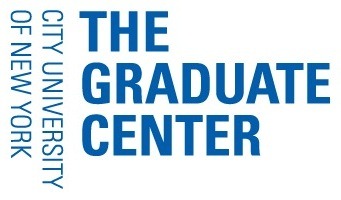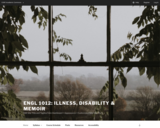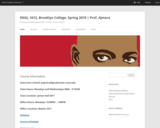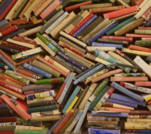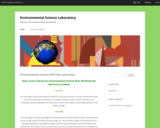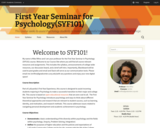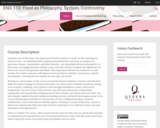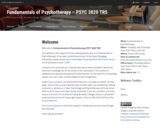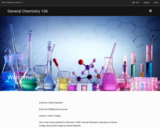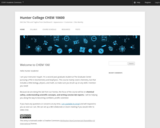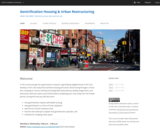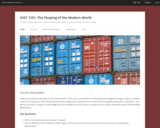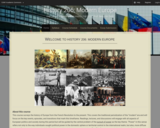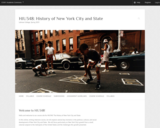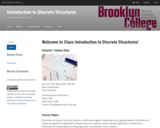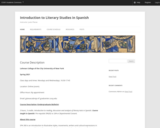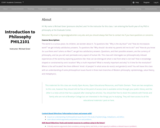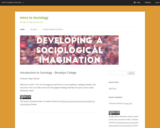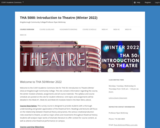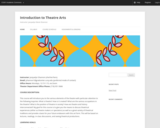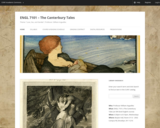
Course Description: A seminal work of Medieval literature, Chaucer’s Canterbury Tales has attracted a wide range of praise and critiques over the centuries for its presentation of love and sex. From mind-bendingly dutiful wives to loose and lusty wenches, the varied tales that comprise this classic of English Literature often intimately tie its conceptions of femininity and masculinity into sexuality in the most ribald of ways. Be it barely concealed extramarital affairs occurring in trees or accidental analingus out a window, Chaucer’s taste for the provocative often places his characters in the most #problematic of places. This duality of The Canterbury Tales – being often humorous and horrifying at the same time – deeply troubles and complicates our understanding of consent, sexual violence, and gender in the medieval world, presenting a vision of the Middle Ages that is both impossibly foreign and eerily prescient to our contemporary moment. In this course, we’ll dive into the controversies and debates surrounding Chaucer, and attempt to unravel the enigmatic visions of sex, gender, and love presented by the wide cast of characters. Along the way, you will learn to read Middle English, get hands-on practice working with digital manuscripts and archives, and develop a greater appreciation for these queer resonances across time that emerge from Chaucer’s magnum opus. This course will meet in person.
- Subject:
- English Language Arts
- Material Type:
- Syllabus
- Provider:
- CUNY
- Provider Set:
- Brooklyn College
- Author:
- William Arguelles
- Date Added:
- 07/06/2023
